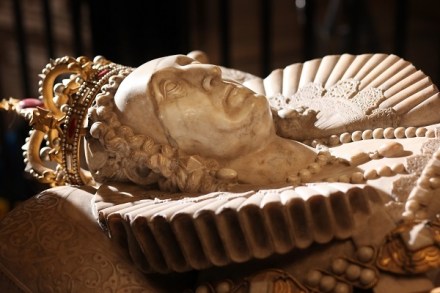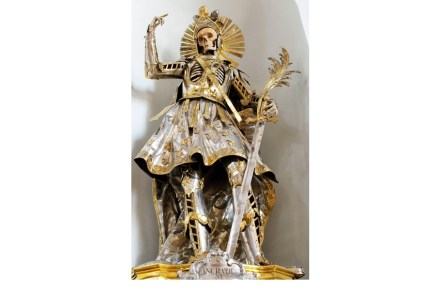Alexandria, by Peter Stothard – review
This subtle, mournful book is many things. It is a diary of three weeks spent, during the tense winter before the outburst of the Arab Spring, in off-season Alexandria, where nothing comes ‘except birds to the lake, most of them when they have lost their way’. It is also a series of fragments rescued from Peter Stothard’s rich life as Essex schoolboy, Oxford student, Times editor and lifelong classicist. Another part, but only a small one, is a history of Cleopatra — and the story of Stothard’s seven previous, failed attempts to write about her. Classical scholars, however, will recognise this book for what it really is. The poets of
















